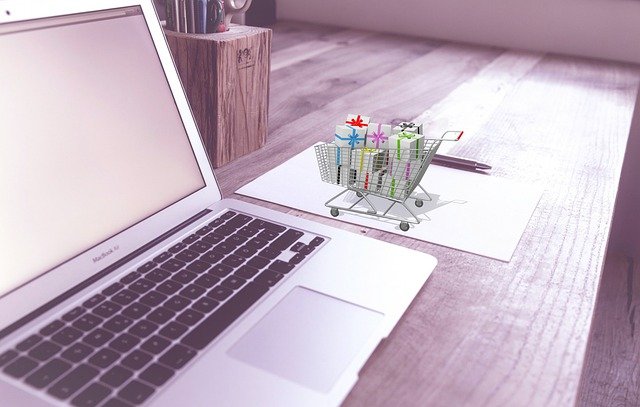Need professional help? Plumbers in the USA will help you change your water filtration system
Bottled water is expensive, inconvenient, and bad for the planet. More and more families across the US are making the switch to home water filtration systems. One high-quality filter can replace hundreds of single-use plastic bottles — start your eco-upgrade today and enjoy clean, great-tasting water without the cost or waste.
Why are households in the US moving away from bottled water?
The trend of moving away from bottled water in the United States is driven by several factors. First and foremost, there’s a growing awareness of the environmental impact of single-use plastic bottles. Each year, millions of these bottles end up in landfills or oceans, contributing to pollution and harming wildlife. Additionally, the production and transportation of bottled water consume significant energy resources, further exacerbating environmental concerns.
Cost is another crucial factor. While a single bottle of water may seem inexpensive, the cumulative cost over time can be substantial. Many households are realizing that investing in a water filtration system can lead to significant savings in the long run.
Moreover, there’s increasing skepticism about the quality of bottled water. Despite marketing claims, bottled water isn’t always cleaner or safer than tap water. In fact, some bottled water is simply filtered tap water sold at a premium price. This realization has led many consumers to seek more cost-effective and environmentally friendly alternatives.
What types of water filtration systems work best in the US?
When it comes to water filtration systems in the United States, several options have proven to be effective. The best choice depends on your specific water quality issues, budget, and household needs. Here are some popular types:
-
Activated Carbon Filters: These are excellent for removing chlorine, sediment, and organic compounds, improving the taste and odor of water.
-
Reverse Osmosis Systems: These provide comprehensive filtration, removing a wide range of contaminants including heavy metals, dissolved solids, and even some microorganisms.
-
UV Purification Systems: These use ultraviolet light to neutralize harmful bacteria and viruses, making them an excellent addition to other filtration methods.
-
Whole House Filtration Systems: These filter all the water entering your home, providing clean water from every tap and appliance.
-
Under-Sink Filters: These point-of-use systems are installed beneath your sink to provide filtered water directly from your faucet.
Each system has its strengths, and a professional plumber can help you determine which one is best suited for your home based on your local water quality and specific needs.
How much can you save by switching to filtered water?
Switching from bottled water to a home filtration system can lead to substantial savings over time. While the initial investment in a filtration system may seem significant, the long-term benefits often outweigh the upfront costs.
Let’s break down the potential savings:
| Water Source | Estimated Annual Cost (Family of Four) | Key Features |
|---|---|---|
| Bottled Water | $1,000 - $2,500 | Convenient, no installation required |
| Pitcher Filter | $100 - $200 | Affordable, easy to use |
| Faucet-Mount Filter | $150 - $300 | Easy installation, filters at point of use |
| Under-Sink Filter | $200 - $400 | Higher capacity, better filtration |
| Whole House System | $300 - $600 | Filters all water in the home |
Prices, rates, or cost estimates mentioned in this article are based on the latest available information but may change over time. Independent research is advised before making financial decisions.
As you can see, even the most expensive home filtration option costs significantly less than relying on bottled water. The savings become even more apparent over multiple years. Additionally, many filtration systems require minimal maintenance, further reducing long-term costs.
Why should you consider professional installation?
While some water filtration systems are designed for easy DIY installation, others require professional expertise. Here’s why you should consider hiring a professional plumber for your water filtration needs:
-
Proper Assessment: Plumbers can test your water quality and recommend the most suitable filtration system for your specific needs.
-
Expert Installation: Professional installation ensures that your system is set up correctly, minimizing the risk of leaks or inefficiencies.
-
Compliance with Regulations: Plumbers are familiar with local building codes and can ensure that your installation meets all necessary standards.
-
System Optimization: Professionals can fine-tune your system for optimal performance and longevity.
-
Warranty Protection: Many manufacturers require professional installation to maintain warranty coverage.
-
Time and Hassle Savings: Professional installation saves you time and eliminates the stress of figuring out complex systems on your own.
How to find a reliable plumber for water filtration installation
When seeking a professional plumber to install your water filtration system, consider the following tips:
-
Look for licensed and insured professionals with specific experience in water filtration systems.
-
Check online reviews and ask for references from past clients.
-
Request quotes from multiple plumbers to ensure competitive pricing.
-
Ask about their familiarity with different filtration systems and brands.
-
Inquire about post-installation support and maintenance services.
By choosing a skilled professional, you can ensure that your transition to filtered water is smooth and effective, setting you up for years of clean, great-tasting water and environmental benefits.
In conclusion, the shift from bottled water to home filtration systems in the United States represents a positive trend towards both personal health and environmental sustainability. With the help of professional plumbers, households can easily make this transition, enjoying the benefits of clean, filtered water while reducing their environmental impact and saving money in the long run.





